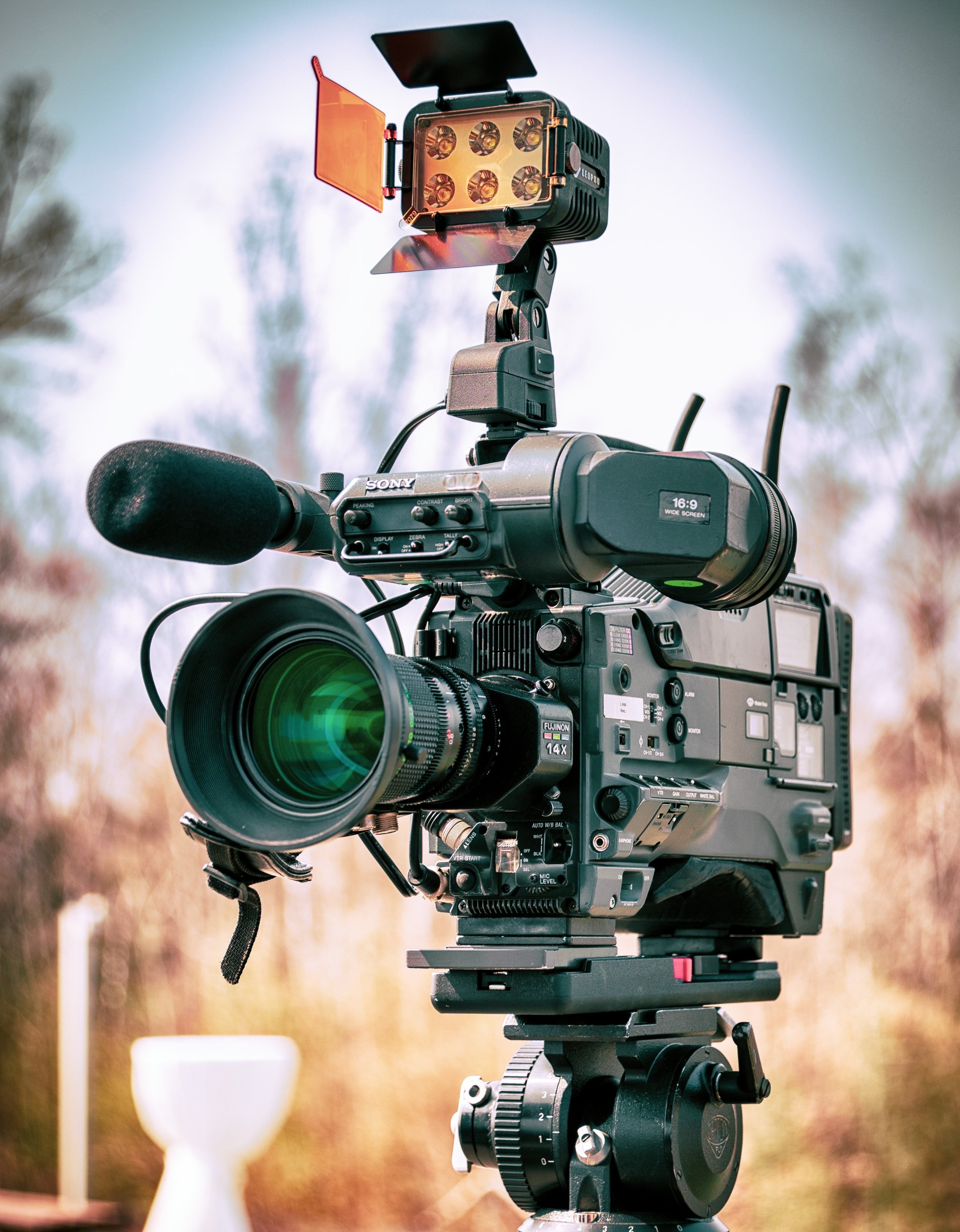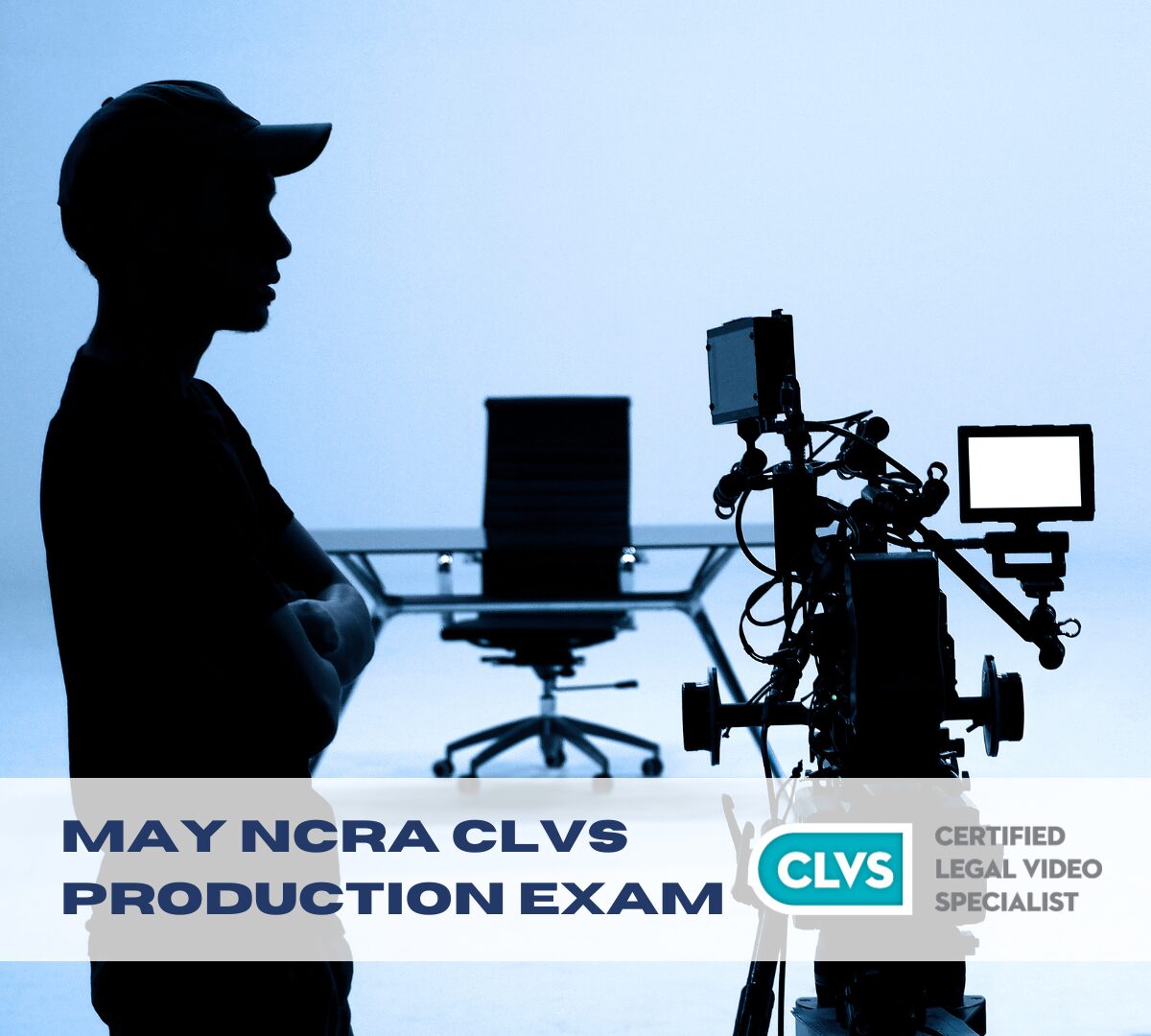Exploring the Different Types of Legal Videographers and Their Distinct Offerings
Legal videographers play a crucial function in the judicial procedure, each focusing on distinctive facets of court documentation. Their expertise ranges from capturing witness statements to enhancing trial presentations. Understanding the varied offerings of these professionals can illuminate their contributions to legal procedures. As the complexities of contemporary litigation grow, the significance of their roles becomes increasingly obvious. What specific functions do these videographers serve, and how do they affect the results of situations?
Understanding Legal Videography
Legal videography plays an essential role in the judicial procedure, giving aesthetic documentation that can improve the quality and precision of legal proceedings. This specific area involves capturing video recordings of various legal events, such as trials, hearings, and other significant moments within the legal system. Legal videographers make use of innovative devices and strategies to assure high-quality video, which can work as essential evidence during litigation.Understanding legal videography calls for acknowledging its relevance in communicating information in a visual layout. The videotaped video can assist juries and judges better comprehend the context and subtleties of statements and occasions, potentially influencing decisions. In addition, legal videographers need to abide by strict guidelines and requirements to maintain the integrity of the recordings. Their job not just aids in protecting an in-depth account of process however likewise contributes to the general transparency and accountability within the legal framework, making sure that justice is served successfully.
Deposition Videographers
Deposition videographers play an essential function in legal process by taping witness testimonies for future referral. They use specialized equipment and techniques to assure top notch video clip paperwork that properly captures the nuances of each deposition. Recognizing their techniques and the importance of their job can enhance the performance of legal presentations.
Function in Legal Proceedings
While frequently forgotten, the role of videographers in legal process is important, especially throughout depositions. These experts record witness statements, capturing both spoken and non-verbal cues that can be essential in court. Their recordings serve as a precise representation of the deposition, giving a reputable recommendation for lawyers and courts. Videographers assure that the setting is specialist, lessening distractions and adhering to legal requirements. They are trained to deal with numerous situations, consisting of unexpected interruptions or technological problems, guarding the integrity of the tape-recorded material. In addition, the visibility of a videographer can prevent evasive behavior from witnesses, promoting more candid feedbacks. Generally, their payments substantially boost the quality and efficiency of legal proceedings.
Equipment and Methods Utilized
The devices and methods used by deposition videographers are essential for generating premium recordings that accurately capture witness statements. Professional-grade cams, frequently with 4K resolution, assurance clear visuals, while high-fidelity microphones catch audio without distortion. Videographers generally employ tripods for security and lights devices to enhance exposure, particularly in less-than-ideal setups. Techniques such as mounting the witness effectively and preserving proper angles are important for sharing body movement and expressions. Many deposition videographers also use electronic editing and enhancing software to enhance the end product, guaranteeing clearness and comprehensibility. In addition, they might include time-stamping and annotations during post-production to facilitate referral during legal procedures, inevitably giving a comprehensive and reputable document of the deposition.
Test Presentation Videographers
Trial presentation videographers play an important role in courtroom settings by effectively visualizing proof and boosting the narration procedure. Using advanced technology and specialized tools, they develop engaging presentations that help courts and courts comprehend complicated information. Their knowledge in effective storytelling strategies additionally raises the impact of legal debates throughout trials.
Role in Court Room Settings
Frequently, legal videographers play an important role in court room setups by capturing and presenting aesthetic evidence that enhances the quality of legal disagreements. These experts specialize in recording witness testimonies, depositions, and critical proof, making sure that the proceedings are properly taped for future recommendation. Their work not only help in the prompt discussion of situations but likewise functions as a beneficial resource throughout appeals or testimonials. Trial discussion videographers carefully assemble and edit video to create engaging visual narratives that lawyers can use to encourage judges and courts. By integrating aesthetic components into the test, they significantly add to the overall efficiency of the legal process, assisting in a more educated decision-making setting within the courtroom.
Innovation and Tools Used
Modern test discussion videographers count on advanced modern technology and specialized equipment to effectively record and present evidence in the court. High-def cameras are typically made use of to guarantee that every detail is tape-recorded with quality, while numerous camera angles can improve the visual story. Videographers regularly make use of cordless microphones to capture clear audio from witnesses and attorneys, lessening disturbances. In addition, sophisticated software tools visit this site right here permit real-time modifying and smooth integration of video clips, images, and exhibits during presentations. Projectors and large screens are commonly employed to you can find out more display content in an engaging manner, making sure that jurors and judges can easily follow the proceedings. This mix of modern technology and equipment is essential for creating impactful courtroom presentations that facilitate understanding and retention of details.
Effective Narration Methods
Capturing top quality video clip and sound is just the starting for test presentation videographers; effective storytelling methods play a critical role in sharing complicated legal narratives. These specialists utilize various approaches to improve the clarity and influence of the material offered. By very carefully structuring the visual and audio components, they produce a systematic circulation that overviews jurors with the facts of the instance. Utilizing strategies such as thematic framing, psychological charm, and sensible progression, they stress bottom lines and boost the overall disagreement. Additionally, integrating visuals, such as layouts or animations, can streamline intricate principles and keep the target market engaged. Eventually, test discussion videographers transform raw video footage into compelling tales that resonate with jurors, helping with informed decision-making in the court room.
Video Evidence Professionals
Video evidence professionals play a vital function in the legal procedure, guaranteeing that aesthetic recordings are properly captured, protected, and offered in court. These specialists are trained to manage a selection of recording devices and strategies customized specifically for legal settings. They concentrate on getting premium recordings that can hold up against scrutiny, adhering to strict procedures to preserve the honesty of the evidence.Often associated with the documentation of crime scenes, depositions, and witness statements, video evidence experts are skilled in creating footage that is both clear and reputable. They are additionally educated concerning legal criteria and needs, ensuring that their job abides with administrative regulations. Additionally, these specialists might aid in the post-production procedure, editing and enhancing and format video clips for finest discussion. Their expertise help lawyers in properly sharing their instances, making the role of video proof professionals crucial in the search of justice.
Court Videographers
While the court typically functions as the stage for critical legal process, court room videographers ensure that these moments are visit our website recorded with accuracy and clearness. Their primary duty is to record all elements of a trial, consisting of witness statements, opening and shutting declarations, and jury responses. Making use of specific equipment, court room videographers ensure that audio and video clip high quality meet the criteria needed for legal documentation.These professionals are experienced at the workplace unobtrusively within the courtroom environment, steering through the essential procedures and maintaining the honesty of the legal process. They usually work together closely with lawyers to understand details requirements, making sure that essential components are recorded for future reference.Furthermore, courtroom videographers play a crucial role in protecting the authenticity of the process, offering an invaluable resource for allures or further lawsuits. Their experience assurances that all videotaped material acts as a dependable account of the court room occasions for all celebrations entailed.

Post-Production Providers and Editing

After the court room process are videotaped, the emphasis changes to post-production solutions and editing and enhancing, which play a significant role in refining the captured material. Legal videographers utilize specialized software to boost video clip top quality, making certain quality and professionalism. This stage often includes shade improvement, audio improvement, and the elimination of any type of additional video footage, creating a coherent story that straightens with legal standards.Additionally, videographers might integrate graphics, annotations, or captions to give context or emphasize important info. The modifying procedure additionally includes organizing the video chronologically or thematically, making it less complicated for legal teams to reference particular segments throughout trials or depositions. In addition, legal videographers usually prepare last edits in various layouts to fit different platforms and uses, making certain availability for all stakeholders included. Inevitably, efficient post-production solutions are vital for producing high-grade legal videos that sustain the case handy.
Frequently Asked Inquiries
What Credentials Should I Try to find in a Legal Videographer?

Just How Do Legal Videographers Ensure Video Clip Quality and Reliability?
Legal videographers ensure video clip top quality and integrity through high-definition devices, cautious illumination, and audio monitoring - legal videographers. They also follow legal standards, use backup systems, and carry out detailed pre-production preparation to minimize potential issues during recordings
What Equipment Do Legal Videographers Generally Utilize?
Legal videographers normally use high-def cams, tripods for security, outside microphones for clear sound, and illumination devices to improve visibility. They may also employ editing software program to assure sleek and expert last products for legal proceedings.
The length of time Does the Editing Refine Typically Take?
The editing process for legal videographers typically differs, varying from a few hours to several days. Factors such as video clip intricacy, needed quality, and details customer requests significantly influence the general time dedication required for conclusion.
Are Legal Videographers Aware Of Court Rules?
Legal videographers usually possess a solid understanding of courtroom rules - legal videographers. Their training frequently consists of understanding of etiquette, devices placement, and regard for legal procedures, guaranteeing their job aligns with the official atmosphere of the court room
Comments on “Top reasons legal videographers support the presentation of courtroom evidence”